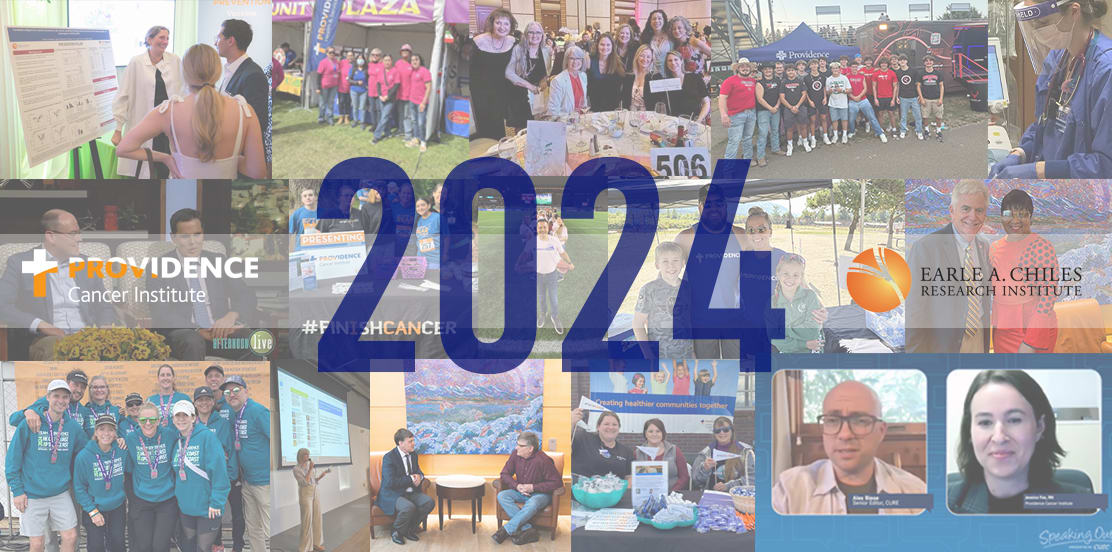A new treatment for atrial fibrillation comes to Providence

[4 MIN READ]
In this article:
-
Atrial fibrillation is a heart arrhythmia that can lead to stroke, heart failure or other heart problems.
-
While medication is the first course of treatment for atrial fibrillation, doctors can also use ablation to “burn” away the bad cells.
-
A new type of ablation, pulsed-field ablation (PFA), targets the bad cells without harming other tissues.
If you have atrial fibrillation, Providence’s cardiovascular experts have a new way to help. Pulsed-field ablation is a new technique that targets the cells that are causing problems while leaving healthy cells alone. In a recent episode of the Talk With a Doc podcast, Sandeep Sharma, M.D., a Providence cardiologist in Everett, Washington, spoke about the benefits of this treatment and who might be able to undergo the procedure.
What is atrial fibrillation?
Atrial fibrillation (called A-fib) is a quivering or irregular heart rhythm that affects about 1%-1.5% of the population. During episodes, the heart’s upper chambers (the atria) beat chaotically. This can cause a rapid heartbeat, shortness of breath and lightheadedness.
Some people with A-fib experience episodes constantly (persistent atrial fibrillation), while others only have it sporadically (paroxysmal lateral fibrillation). While atrial fibrillation itself is not life-threatening, it can cause blood to pool in the atria. This can lead to blood clots in the heart, increasing your risk of stroke and heart disease.
“Usually, atrial fibrillation occurs with age,” says Dr. Sharma. “There is wear and tear inside the heart muscle cells — some weak links in the heart, muscle fibers or strands that patients get either because of age or toxicity from alcohol, or because their heart is getting stressed over time from sleep apnea that's untreated or treated too late, or from high blood pressure. These things affect groups of muscle cells called pulmonary vein muscle sleeves that start fibrillating or creating chaos in the upper chambers. They take over the normal rhythm.”
Symptoms of atrial fibrillation
In some cases, you may have A-fib and not even realize it. You may only learn about the condition during a physical examination or routine checkup with your doctor. In other cases, A-fib can lead to symptoms such as:
- Rapid and irregular heartbeat
- Fatigue
- Shortness of breath
- Dizziness
- Sweating
- Chest pain or pressure
- A feeling of “thumping” in the chest
- Weakness
Treatment options for atrial fibrillation
Most people with A-fib are treated with medications that slow the heart rate and control the heart’s rhythm. By controlling the rhythm, they prevent blood from pooling in the atria, which in turn can prevent blood clots.
But when medications don’t work, doctors turn to surgical procedures. Specifically, the gold-standard treatment of atrial fibrillation is a cardiac ablation procedure, in which the doctor destroys the cells that have been causing electrical signal problems. Traditionally, doctors have used thermal energy — either heat or cold — to eliminate the cells.
Pulsed-field ablation
A new approach to ablation, called pulsed-field ablation (PFA), uses electroporation (the delivery of rapid, high-voltage pulsed electrical fields to the tissue). PFA carefully delivers electricity only to cells that are causing problems, not other tissues, such as the esophagus, the pulmonary vein and other cardiac tissue.
“We know that there are different energy thresholds for each kind of muscle cell inside the heart or surrounding the heart tissues,” says Dr. Sharma. “We are very targeted and specific, destroying the cells that we want to, but not affecting the surrounding structures, avoiding collateral damage.”
The U.S. Food and Drug Administration approved PFA at the beginning of 2024, and many different Providence locations have been using the new technique with great success.
According to Dr. Sharma, the patients who are most likely to receive PFA right now are those who have paroxysmal lateral fibrillation (when the heartbeat returns to normal within 7 days) or occasional episodes of atrial fibrillation. He says the treatment might be provided to more people in the future as more research becomes available, but for right now, it’s limited to that patient population.
Both PFA and traditional ablation have similar recovery times. Most people stay in the hospital and resting for about four hours and then go home. Both types of procedures are covered by most insurance companies as well.
If you think you may qualify for the new PFA treatment, contact your local Providence provider today.
Contributing caregivers

Sandeep Sharma, M.D., is a Providence cardiologist in Everett, Washington.
Find a doctor
If you are looking for a Providence cardiologist, search for one in our provider directory.
Download the Providence app
It’s all in the app: easily stay connected with Providence and your health. With the Providence app, you can schedule appointments, have virtual visits from the comfort of your own home, get health recommendations personalized for you, access your health records and so much more. Learn more and download the app.
Related resources
State-of-the-art A-fib treatment debuts at Providence Saint John’s Health Center
Latest treatments for irregular heartbeat can replace medications
This information is not intended as a substitute for professional medical care. Always follow your health care professional’s instructions.


